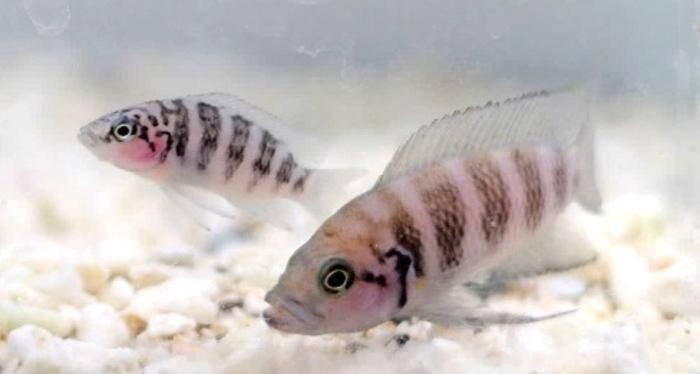In a fascinating study, researchers from Osaka Metropolitan University have shown that a species of fish uses physical punishment to promote helping behavior in their offspring. This finding suggests that advanced social and cognitive skills, previously thought to be unique to higher vertebrates, are also present in fish.
Studying Punishment in Cooperatively Breeding Cichlid Fish
The research team, led by Professor Satoshi Awata from the Graduate School of Science at Osaka Metropolitan University, focused on Neolamprologus savoryi, a cooperatively breeding cichlid fish. While punishment in these fish has been studied before, there was limited evidence of its use to encourage cooperative behavior.
In a controlled laboratory setting, the researchers observed the behavior of N. savoryi and manipulated the effects of punishment on helping behavior. They discovered that dominant breeders physically attacked idle helpers, including their own offspring, to promote their participation in cooperative activities such as defending territory and maintaining the breeding shelter.
The Effectiveness of Punishment in Eliciting Cooperation
The study’s results showed that helpers who experienced aggression from dominant breeders subsequently increased their efforts in helping behaviors. On the other hand, helpers who proactively engaged in cooperative activities avoided such aggression.
“Our study demonstrated that nonhuman animals also use punishment to elicit cooperative behaviors in group members,” said Professor Awata, the lead author of the study.
These findings highlight that punishment is not exclusive to human societies but is also present in how other animals enforce cooperation and maintain social relationships. The research bridges a gap in understanding the evolution of cooperative behavior and the mechanisms animals use to sustain it.
“Our findings reveal that fish, like humans, employ advanced cognitive abilities to sustain their societies. This compels us to reconsider the notion of ‘intelligence’ not only in fish but across the animal kingdom,” Professor Awata added.
For more information on this study, please refer to the following resources:


